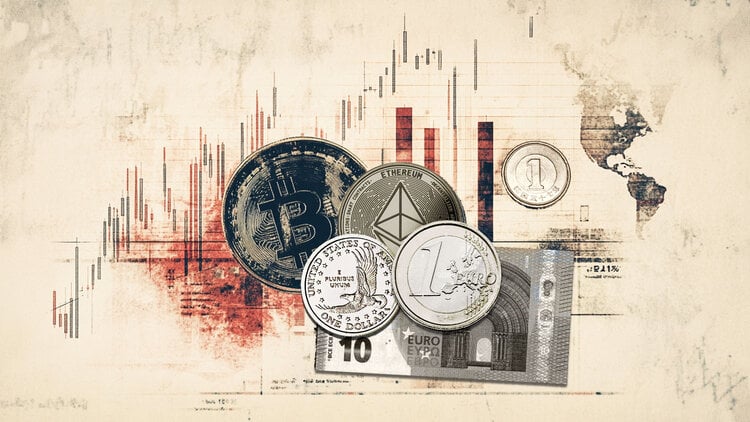Europe’s united front against Moscow is being put to the test as countries struggle to reach an agreement on a ban on Russian oil imports.
European Union diplomats failed to reach a consensus last Sunday on the terms of the embargo but are holding new talks on Monday in a bid to present a deal for approval by EU leaders at a summit. at the end of the day.
A senior EU diplomat told CNN international opinion that the bloc was “in the last step” of agreeing to terms of an oil embargo, but needed more time to convince some member states, including Hungary, to join.
“We understand the special situation, we understand the problem of security of supply, we understand the search for guarantees to be able to solve this”, said the diplomat.
European officials first proposed joining the United States and others in banning Russia’s oil a month ago, as part of a sixth package of EU sanctions over the country’s invasion of Ukraine.
But a deal was stymied by the reluctance of some countries that are particularly dependent on Russian oil, delivered via pipeline.
EU leaders may agree to ban all Russian oil by the end of this year, but must provide a temporary exemption for pipeline imports, according to an outline of the summit’s conclusions seen by Reuters.
An EU official told the CNN that the ban on all maritime oil would cover more than two-thirds of Russian imports.
Europe is the biggest buyer of Russian energy. Russian oil accounted for 27% of the bloc’s imports in 2021, according to Eurostat.
That’s about 2.4 million barrels a day, the International Energy Agency showed, of which about 35% was delivered via pipeline to the block.
But pipeline deliveries accounted for a much larger share of Russian oil shipments to Hungary (86%), the Czech Republic (97%) and Slovakia (100%).
Earlier this month, Hungarian Foreign Minister Péter Szijjártó likened EU proposals for a complete ban on Russian oil to an “atomic bomb” for his country’s economy.
His government had previously said it would need a minimum of three to five years to cease all imports.
Care must be taken, however, to ensure that any exemptions do not unfairly benefit some countries at the expense of others, the senior EU diplomat told CNN .
“We have to be very careful in the text of legal sanctions, that we preserve the EU’s internal market everywhere and that we preserve a level playing field,” said the diplomat.
So far, Europe has maintained a united front against Russia over the war in Ukraine, imposing round after round of economic sanctions, which have included an embargo on its coal imports.
It also aims to reduce Russian natural gas imports by 66% by the end of this year.
But cracks have started to show in recent weeks as rising inflation and slow growth hit Europe’s economies.
“I’m very concerned about what a recession in Europe would do to the European determination to stick with it and continue to escalate sanctions,” Jason Furman, a Harvard professor who previously served as President Barack Obama’s top economic adviser, told CNN Business. at the World Economic Forum in Davos last week.
Barrel rises above $120 before sanctions meeting
Oil prices rose above $120 a barrel on Monday, reaching the highest level in more than two months, as traders waited to see if the EU meeting would reach a deal on a ban on Russian crude imports.
The July Brent crude futures contract, which expires next Tuesday, was up $0.80, or 0.67%, to $120.23 a barrel at 8:25 am ET.
The more active August Brent contract rose $0.74, or 0.6%, to settle at $116.30 a barrel.
U.S. West Texas Intermediate (WTI) crude futures jumped $0.86, or 0.75%, to $115.93 a barrel, extending solid gains made last week.
“The macro landscape continues to change and this will determine how much oil demand improves over the next 12 months,” said Edward Moya, senior market analyst at OANDA.
“Geopolitics is still important, but much of the impact of Europe decreasing its dependence on Russian energy has been priced in.”
— Julia Horowitz contributed to this story; with information from Reuters
Source: CNN Brasil
I am Sophia william, author of World Stock Market. I have a degree in journalism from the University of Missouri and I have worked as a reporter for several news websites. I have a passion for writing and informing people about the latest news and events happening in the world. I strive to be accurate and unbiased in my reporting, and I hope to provide readers with valuable information that they can use to make informed decisions.




